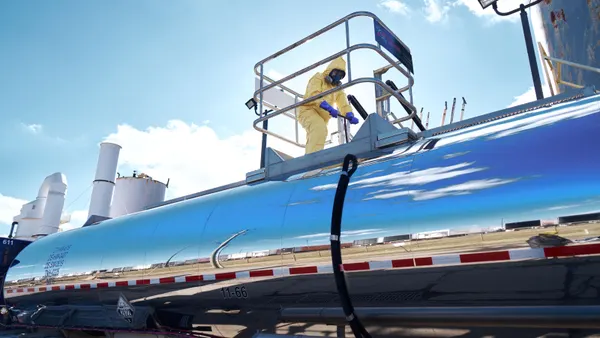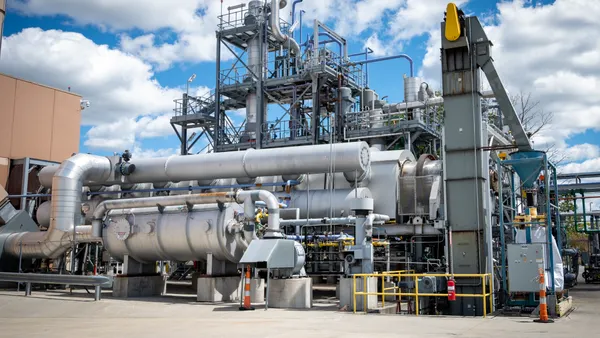Dive Brief:
- The Institute of Scrap Recycling Industries (ISRI) has written a letter to Congress announcing its support for the Trans-Pacific Partnership Trade Agreement (TPP), according to Recycling Today.
- The agreement, which aims to eliminate taxes on scrap commodities and recycling equipment exports, would generate "millions of dollars in tax revenue" and "create thousands of recycling jobs across America," according to ISRI officials.
- Opponents of the agreement say similar agreements have negatively affected industrial sectors in developed economies. Those opponents point to the North American Free Trade Agreement (NAFTA) as an example for how such trade agreements have caused problems.
Dive Insight:
The TPP, which aims to grow the American economy and strengthen American middle class, will have an effect on relationships with Australia, Canada, Japan, Malaysia, Mexico, Peru, Vietman, Chile, Brunei, Singapore and New Zealand.
ISRI noted that scrap exports alone account for more than 125,000 U.S. jobs and generate more than $28 billion in economic activity, as reported in Recycling Today. And while these numbers are significant, the recent global trend has indicated the success of scrap commodity trading can be extremely unpredictable, and having a partnership in place could open new markets and opportunities for trade.
Outside of economic impacts, TPP touts that it would have significant environmental impacts as well. TPP's website notes the partnership "requires countries to play by fair environmental rules if they want to send their goods to the United States, and upgrades NAFTA by putting fully enforceable environment obligations at the core of the agreement."










